Table of Contents
Social networks have many wonderful benefits. However, the impact of social networks on mental health might be harmful. It allows people to connect and share, receive news and information, and meet new people. This technology has some downsides, especially for young college-aged people who have grown up in a digital world.
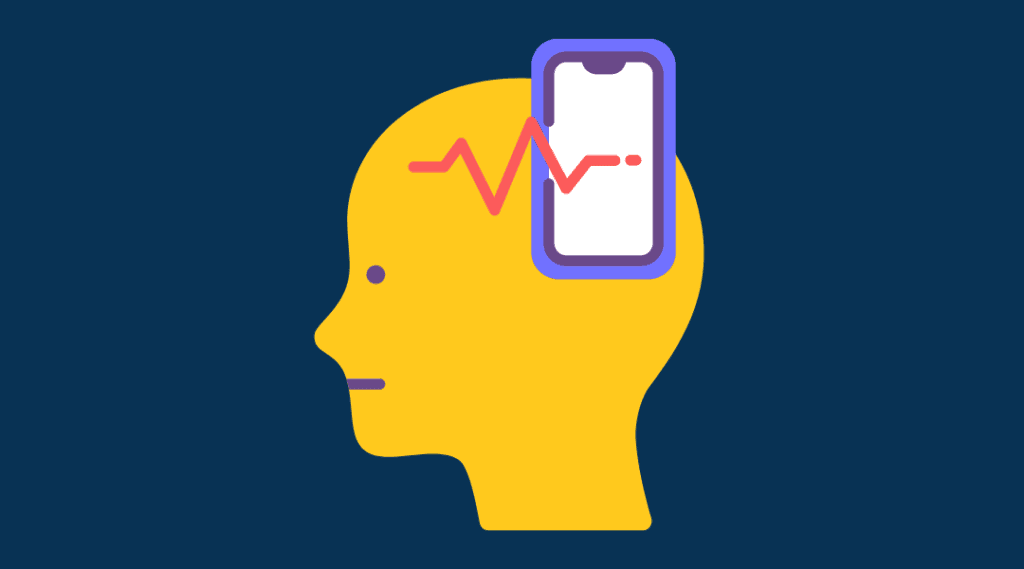
The impact of social networks on mental health is obvious. The use of social networks has been linked to depression, anxiety, and loneliness. Recent studies, referenced by The Child Mind Institute and National Center for Health Research, show that people who frequently use social media networks are more likely to feel unhappy and depressed than people who use them less often.
Learn about the negative impact of social networks on mental health and how you (or someone you care about) can use them in a healthier way.
Almost Addictive
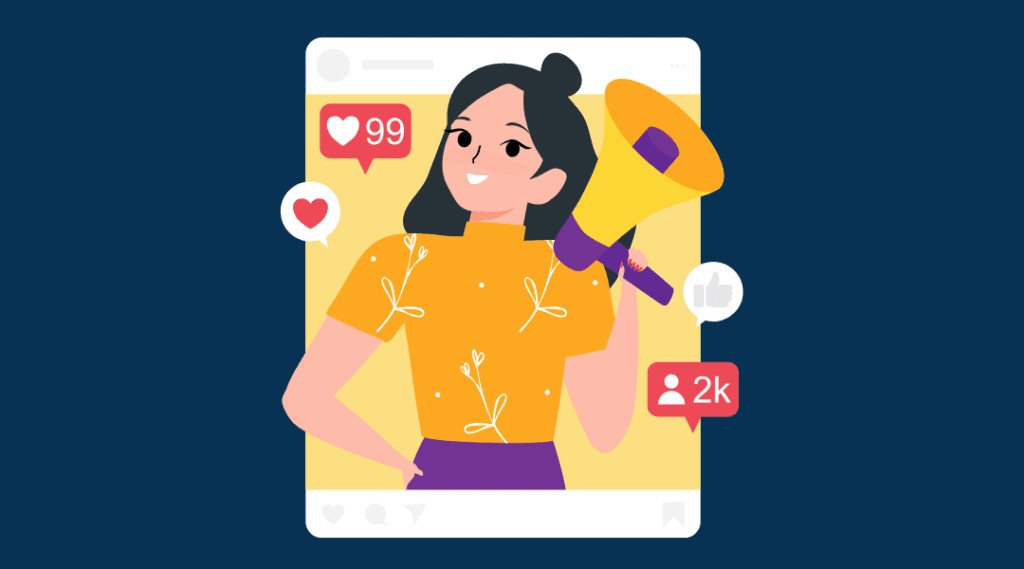
The brain reacts the same way to social network sites and apps as playing a slot machine. Because you won’t know what content you’ll find until you open the app, the results of the spontaneous search create a feeling of “reward” by releasing dopamine, a chemical associated with other pleasurable activities like sex and eating.
Focusing on Interactions
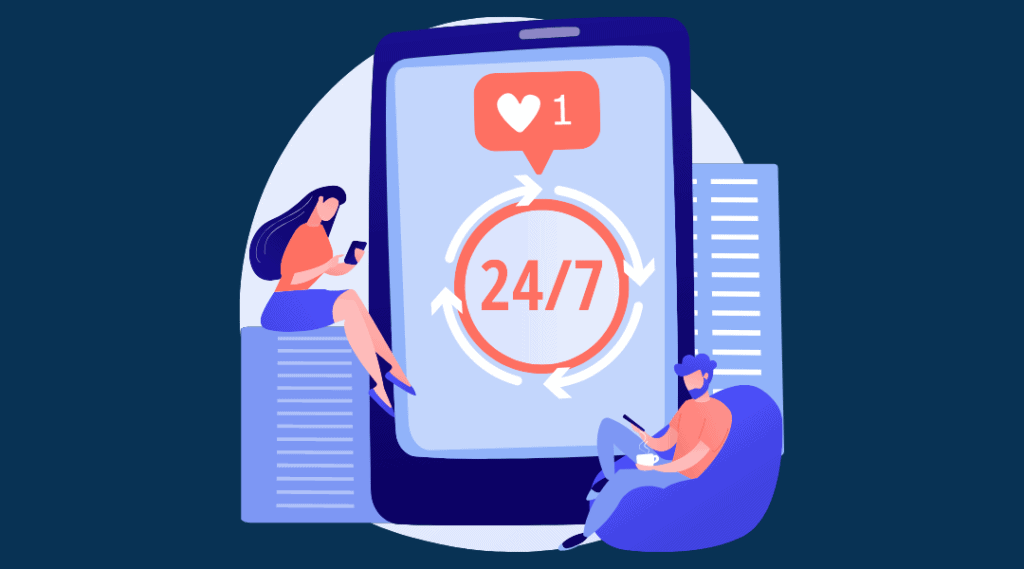
The impact of social networks on mental health could be negative because you can get into trouble if you emphasize how many interactions you receive (or don’t) on the content you share. For example, if you post a photo hoping to get likes and comments but don’t receive the feedback you want, it can lead you to feel disappointed or invalidated.
When you compare your posts to other people’s posts, it can lead to disappointment. These can result in low self-esteem, a distraction from other tasks, and feelings of anxiety or depression. The impact of social networks on mental health, in this case, is negative.
Filters are Fun. But Also Fake
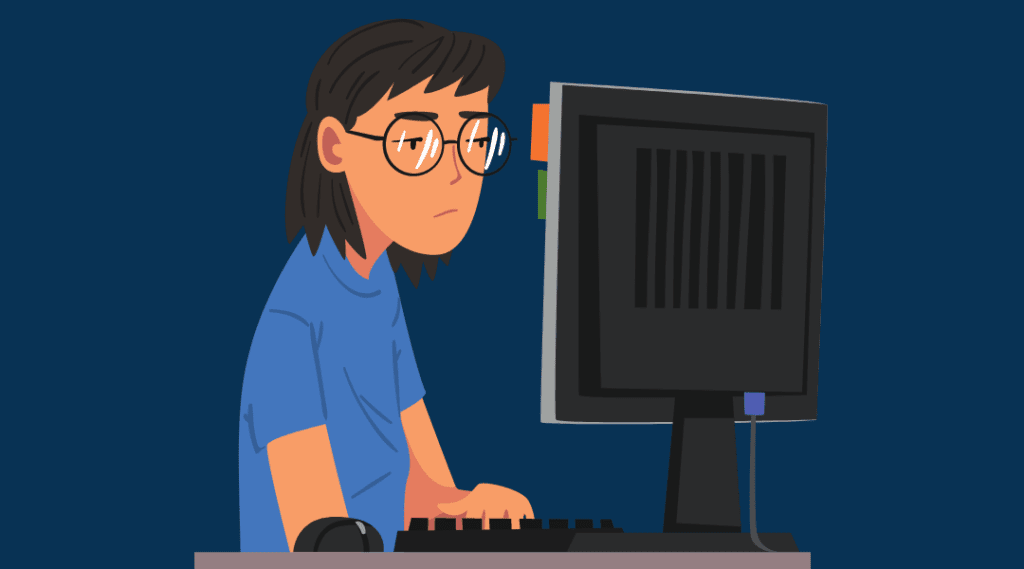
Social networks can be both positive and negative. Filters are a great example of this. While silly filters are great for having a good time, the ability to quickly whiten teeth, airbrush body parts, and conceal imperfections can lead to false illusions.
Even if you are aware that posts are carefully selected and filtered, it can feel impossible to live up to the standards of others. Try to see filters as a fun way to make yourself stand out online. But they shouldn’t be replicated.
Feelings of Missing Out
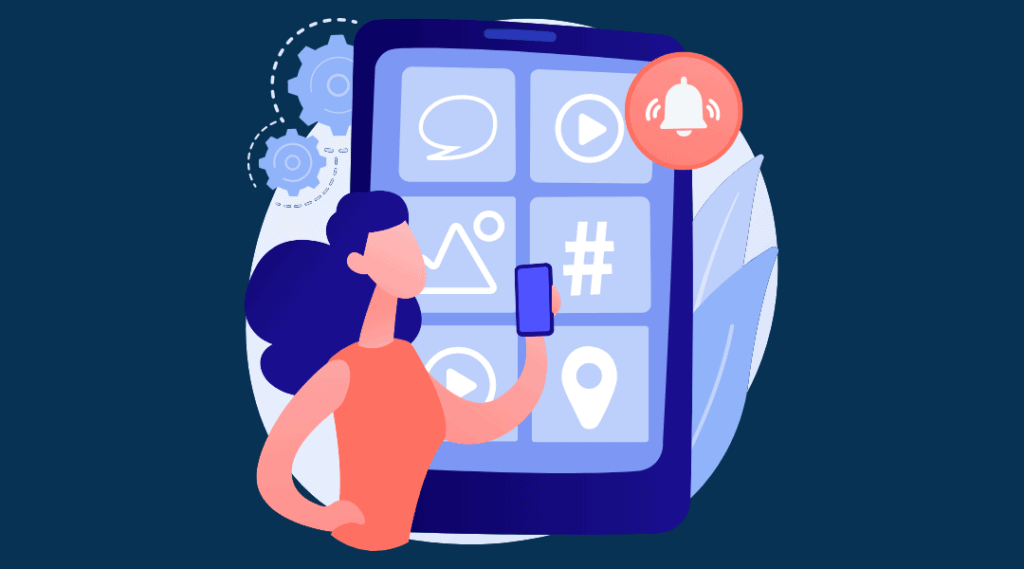
Another reason scrolling through social networks is so appealing is the fear of missing out (FOMO). If your classmates and friends use social networks, it is possible to worry that you might miss a message, joke, or other information that connects you with your peers.
But constant scrolling and checking can be detrimental to schoolwork and study. It can cause procrastination, lower levels of information retention, and stress. In addition, if you see others having a great time, you may feel lonely or anxious. This is a great example of the impact of social networks on mental health.
You can feel overwhelmed by the digital world available to you, which can hinder your ability to make real social connections with people and build relationships in person. When possible, take the opportunity to see friends in person and not just chat behind a monitor.
Impact Of Social Networks On Mental Health. How to Overcome Unhealthy Social Network Behaviors
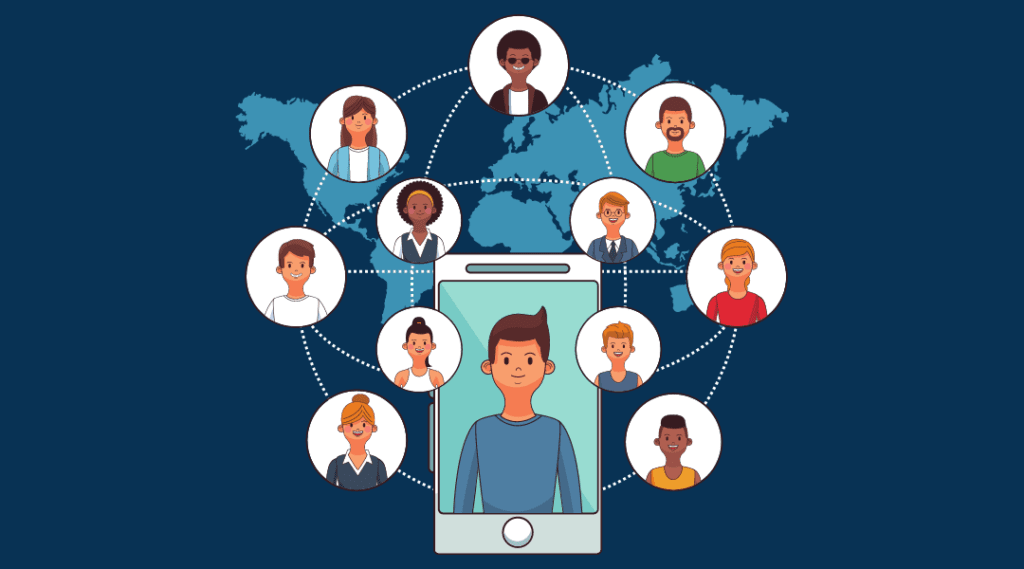
According to a University of Pennsylvania study, using social networks less often than usual can reduce loneliness and depression. Although it is unlikely that you or someone you love will stop using social networks altogether (there are some positives in using social networks), it is crucial to be aware of these warning signs:
- Feelings of increased anxiety, depression, and/or loneliness
- Spending more time online browsing social network apps rather than spending time with family and friends.
- Comparing yourself to others or feeling jealous frequently
- Being cyberbullied or trolled
- To gain likes or comments, you can engage in risky behavior or take outrageous photos.
- You are having difficulties with your relationships and schoolwork
- Decreasing self-care priorities (exercise, sleep, mindfulness)
These warning signs can be a sign that you should reduce your social network usage. The impact of social networks on mental health in your case is negative. Reducing your social network usage could include setting time limits on your screen, limiting the use of certain apps, or establishing designated hours to check your accounts. Some people find that taking a “detox” from their social network accounts can help them focus more on their mental health and relationships.

There are other ways to get your social network on the sidelines.
- Organize a small party
- Make time for exercising
- Find a place where you can volunteer
- Spend some time with a good friend and have some face-to-face time
Talking to your campus or medical professional about anxiety and depression is a good idea if you or someone you know are having a problem distancing yourself from unhealthy social network habits. They can screen you for anxiety or depression and recommend the best treatment that’s right for you.
The impact of social networks on mental health might be harmful, but with the correct actions, social networks can be put on the sidelines.
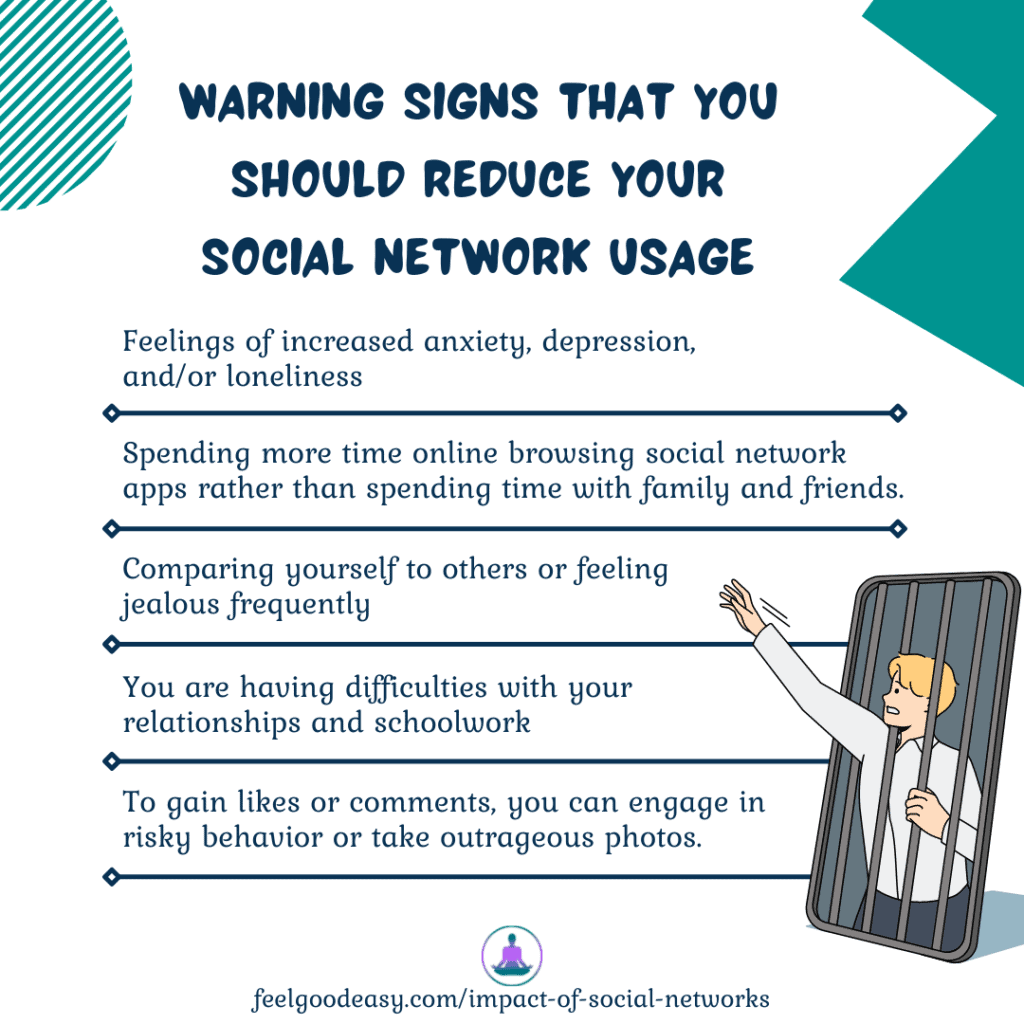
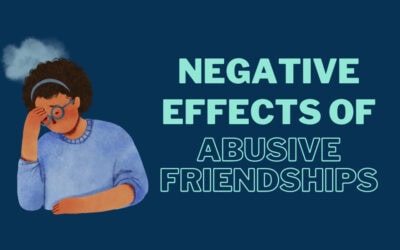
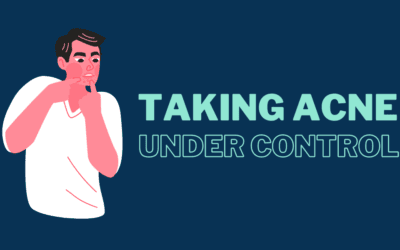
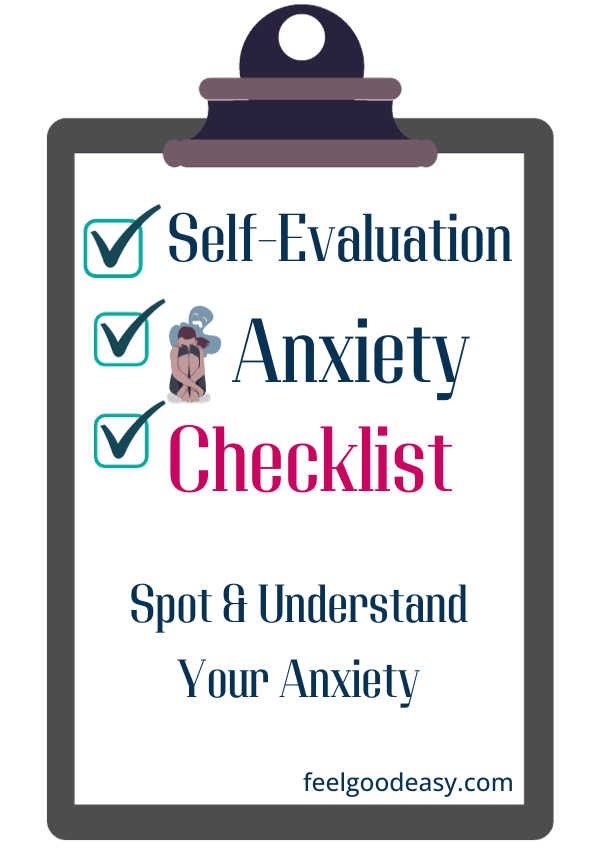
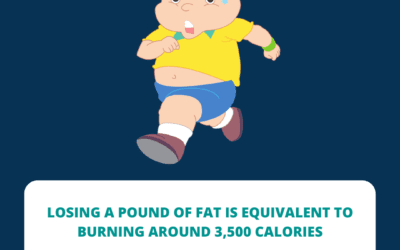
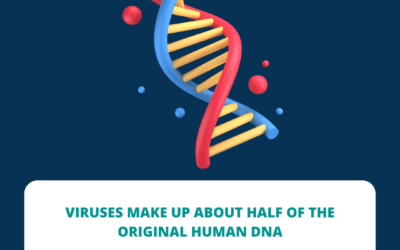
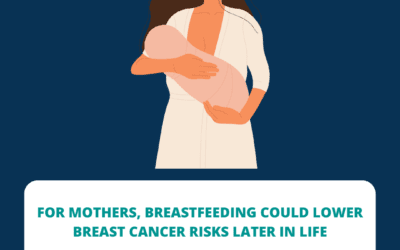
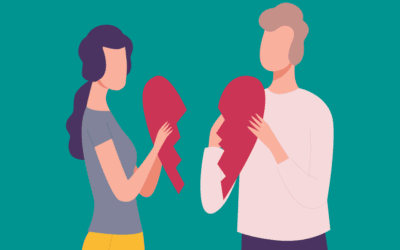

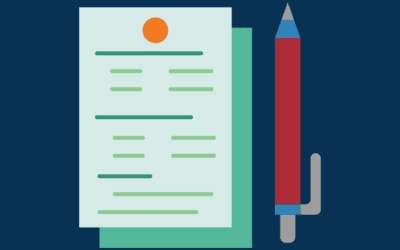
0 Comments